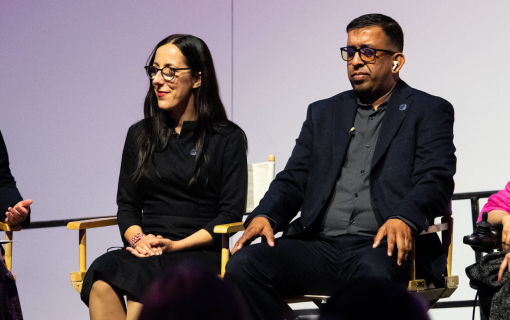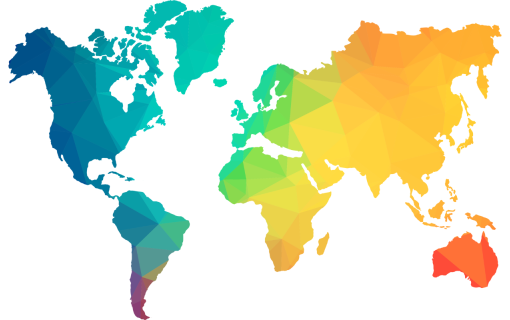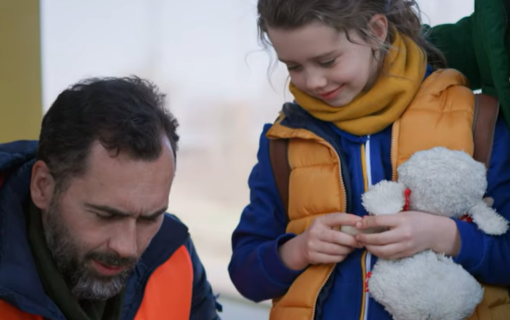Five Areas Identified to Increase Access in Georgia’s Electoral Process
Disability rights experts, Georgian disabled person’s organizations, electoral officials and parliamentarians came together on February 24, 2014, to discuss next steps in making Georgia’s political process more accessible.
The one-day event, hosted by IFES and the Coalition for Independent Living (CIL) addressed legislative, societal and physical barriers encountered by citizens with disabilities. Participants discussed Georgia’s recent ratification of the United Nations Convention on the Rights of Persons with Disabilities (CRPD) and its impact on Georgia’s political process.

Deputy Speaker of Georgia’s Parliament Manana Kobakhidze opened the conference, along with USAID Mission Director Stephen M. Haykin, Chairperson of the Collation for Independent Living Giorgi Dzneladze and IFES Chief of Party Nermin Nisic.
Kobakhidze stressed that ratification of the CRPD is just the first step – Georgia must now implement and enforce disability inclusive laws and policies. “The rights of people with disabilities are included in the strategy for 2014-2020 on human rights protection drafted by the State. There should be a specific action plan to guarantee social, political, cultural and civil rights for these citizens,” she said. Kobakhidze also noted that quotas could help increase the number of parliamentarians with disabilities and stressed the role of disabled persons organizations (DPOs) in monitoring, implementation and enforcement of disability rights legislation.
IFES Access and Inclusion Specialist Virginia Atkinson gave examples of ways countries around the world are implementing their obligations under the CRPD. “The most successful examples of inclusive electoral processes are in countries where partnerships between government and DPOs have led to an open exchange of ideas,” she said. Georgia has already taken steps in this regard with the formation of the Parlimentary Inter-faction Group. Chairperson Zviad Dzidziguri discussed the Group’s progress to-date, including requiring political parties to include sign language interpretation in videos.
Chairperson of the Central Election Commission Tamar Zhvania stressed the importance of ensuring persons with disabilities are able to vote in secret. She also highlighted that many polling stations are in schools, so by making adaptations to polling sites, students with disabilities will also benefit.
The event concluded with participants dividing into working groups focused on key areas of the political process: voter and civic education; poll worker training and recruitment; accessibility, assistive tools and policies; and political parties and candidates. Each group identified top priorities and presented them to the entire group. Participants then nominated the five areas they found to be the most urgent:
- Developing financial incentives for political parties to include persons with disabilities in party lists
- Developing a state fund to support candidates with disabilities
- Increasing voter education initiatives, in particular, hosting a competition to develop a movie on election access
- Including persons with disabilities as commission members and proxies
- Revising the election law to remove clauses discriminatory towards persons with intellectual and psychosocial disabilities
The top priorities will be shared with relevant stakeholders and IFES and CIL will follow up on their implementation. The event was conducted within the framework of USAID’s Increased Trust in the Electoral Process project, implemented by IFES.









